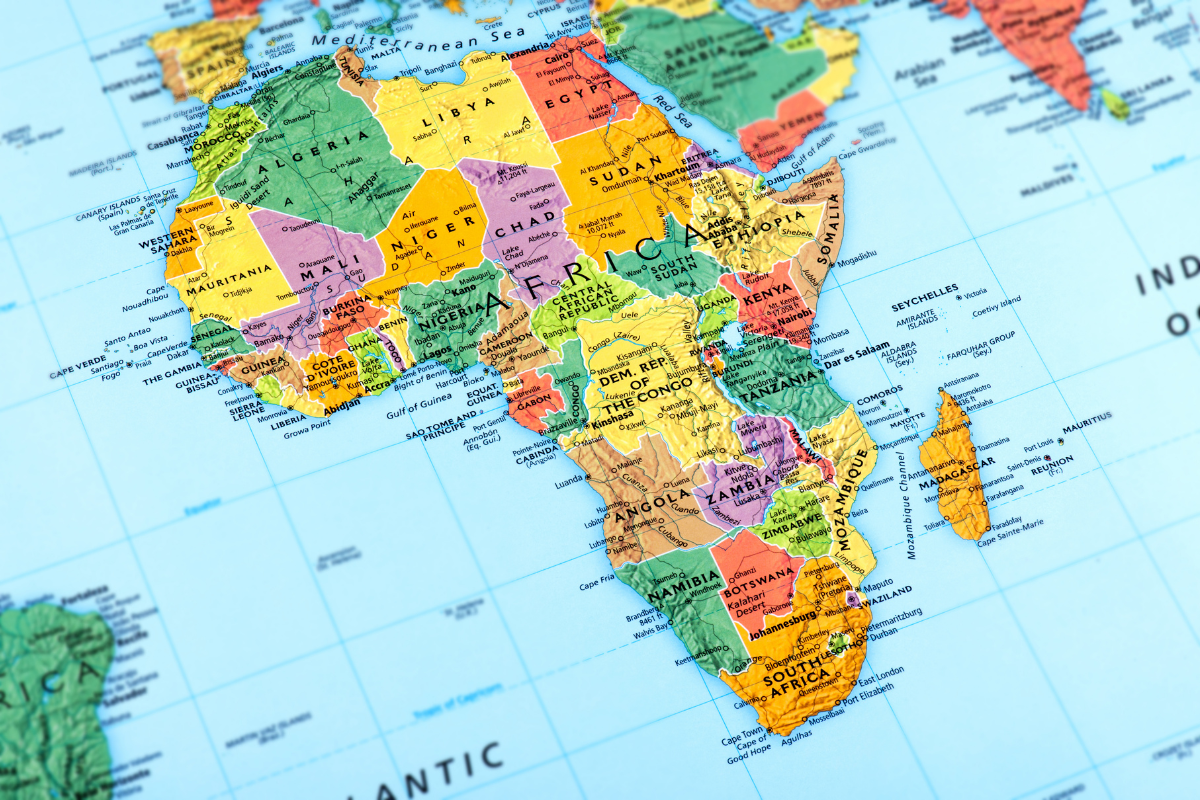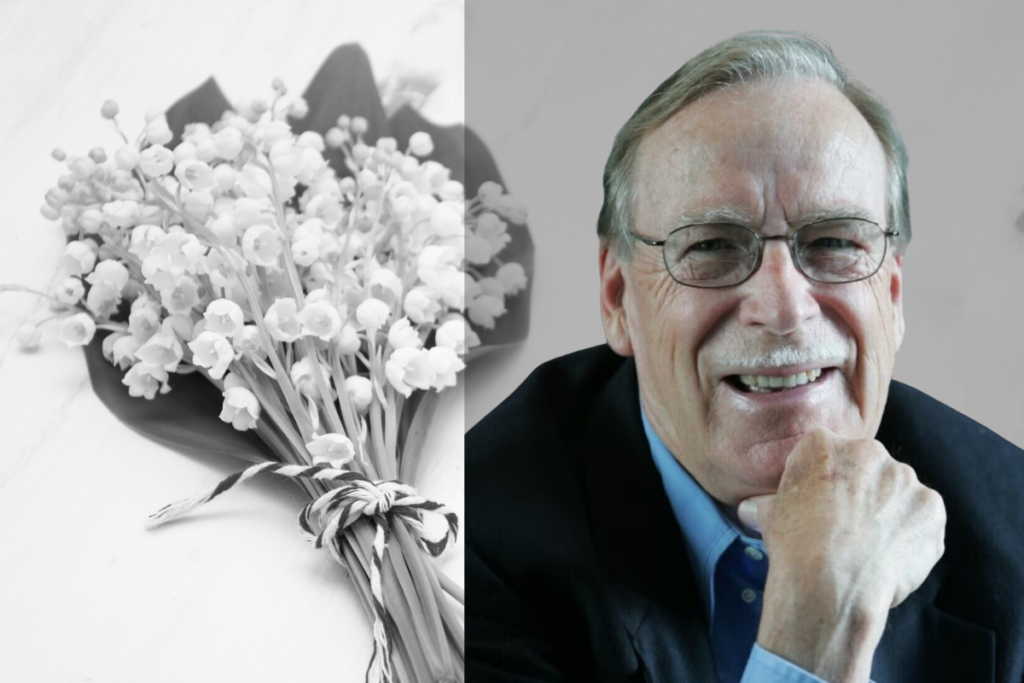In a world where economic disparities are shrinking, Africa stands as a stark exception. Recent analyses show that the continent’s economic gap is widening. This raises concerns about current development strategies and its growing population.
According to the World Bank, growth in Sub-Saharan Africa is projected at 3% in 2024, up from 2.4% in 2023. However, this modest increase is hindered by slow investment growth, conflicts, and climate change, preventing the region from keeping pace with global economic advancements.
The International Monetary Fund (IMF) shares these concerns. It notes that commodity-dependent economies like Nigeria and Angola are growing slowly.
In contrast, Senegal and Tanzania have diversified economies. They are doing better. This shows a need for reforms in countries that rely on commodity exports.
A key cause of the widening gap is the region’s debt crisis. It is worsening. Many African nations, having borrowed from global bond markets, now face dire financial straits. Debt servicing consumes a substantial portion of public revenues, diverting funds from essential sectors like healthcare and infrastructure.
The COVID-19 pandemic further exacerbated these challenges, with African businesses struggling to recover. In 2023, the continent’s economic growth was reported at 3.2%, lagging behind Asia’s nearly 5% growth. This slow recovery, coupled with rapid population growth, has widened the economic gap with wealthier regions.
Compounding these issues is the persistent inequality within African nations themselves. The World Inequality Database’s 2023 update shows high income inequality in Sub-Saharan Africa. The top 10% hold a large share of the income.
Addressing these multifaceted challenges requires a comprehensive approach. The IMF urges African oil exporters to implement economic reforms to boost growth, emphasizing the need for diversification and improved governance.
Furthermore, investment in education is crucial. The World Bank’s new Education Business Plan 2030 aims to prepare 200 million children and youth for a brighter future, recognizing that a well-educated workforce is essential for sustainable economic development.
Africa’s vast economic potential is at risk. The gap with the rest of the world is growing. Without major reforms and investments, Africa may fall further behind in the global economy. This would have dire effects on its people and the world.



